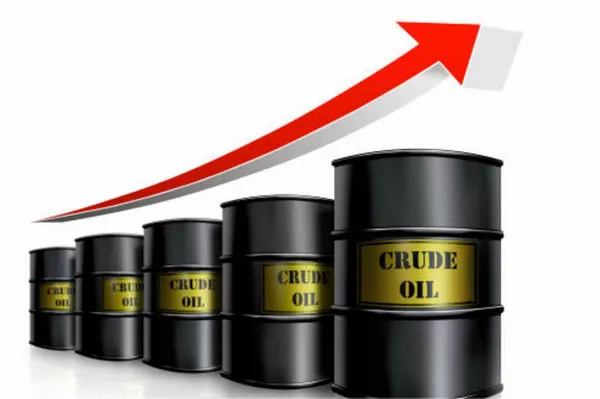West Texas Intermediate (WTI), the benchmark for U.S. crude oil, is trading around $72.15 early Tuesday in the Asian session, showing resilience despite lingering concerns over tariffs.
Oil prices have regained some ground even as market sentiment remains cautious over potential trade conflicts. On Monday, U.S. President Donald Trump expanded steel and aluminum tariffs to cover all imports, effectively revoking trade agreements with the European Union, the United Kingdom, Japan, and other key partners.
“It’s tariff uncertainty which is the name of the game. This affects risk appetite in general and has spillover effects into oil,” said Harry Tchilinguiran of Onyx Capital.
The market continues to evaluate the economic implications of these trade measures. Any escalation in trade tensions could weigh on WTI prices, as tariffs threaten global economic growth and energy demand.
However, geopolitical risks in the Middle East and the ongoing Russia-Ukraine conflict could provide support for crude prices. Iranian President Masoud Pezeshkian has called on OPEC members to unite against potential U.S. sanctions after Trump declared his intention to drive Tehran’s oil exports to zero.
As markets digest these developments, oil prices remain caught between trade uncertainty and geopolitical risk.


